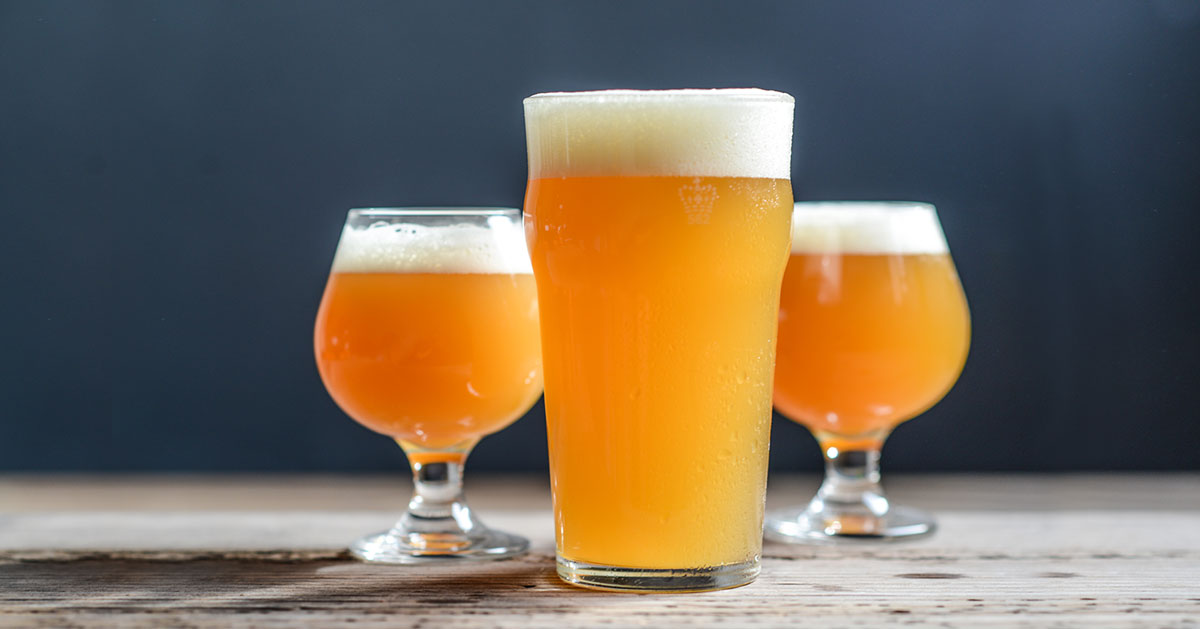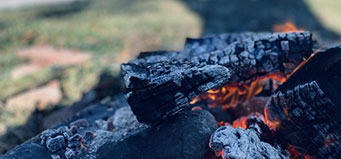What Is the Best Beer To Homebrew?
The best beer to make at home is your favorite beer to drink at home. Is it really that simple? Sometimes—but not always. Depending on your skill level and setup, some recipes are better than others for home brewers. Not to worry, however, as using a beer-making kit can make even the trickiest brews more manageable. In this blog, we cover different types of beer and which ones are best for beginners.
What Are The 3 Major Classifications of Beer?
The three main types of beer are:
- Ales: These beers ferment relatively quickly and at a relatively high temperature. Ale uses top-fermenting yeast during brewing. Subcategories of ales include IPAs, porters, and stouts.
- Lagers: Compared to ales, lagers take longer to ferment because they ferment best at lower temperatures. Lagers use bottom-fermenting yeast during brewing. Pilsners are also considered to be lagers.
- Sours: These beers share a lot of characteristics with ales. However, they rely on using wild yeast and adding an extra step during brewing to bring out their unique sour flavor. Belgian lambics are a well-known type of beer within the sours category.
These categories are general guidelines, and there are plenty of recipes that feature characteristics from more than one main type of beer.
What Kind of Beer Should I Make?
The type of beer you should make depends on your:
- Tastes: Most people dive into home brewing so they can enjoy a nice cold brew with friends and family. Of course, you’ll want to make something that’s tasty! There are a ton of different recipes to choose from—including bitter, sweet, sour, and all the flavors in between. Explore your options with our wide selection of beer ingredient kits!
- Experience: When it comes to brewing difficulty, not all recipes are created equal. Some beers, like porters, have more forgiving flavor profiles. Other beers, like light lagers, are much more finicky. We often recommend that beginners start with the Chico Suave Pale Ale Beer Kit.
- Time: Your time is valuable. Some brews take significantly longer to ferment than others. If you have limited capacity—which most of us do—you can only ferment one or two batches at a time. Many recipes can ferment in as little as two weeks. Others take over two months and may require a secondary fermentation process.
What Is the Quickest Beer To Make?
The speed at which you can brew a batch of beer depends on the required fermentation time and how long it takes you to get started. The quickest beers to brew take just three or four days to ferment. British bitters and milds are a couple of options that fit into this group. On average, beer takes two to four weeks to ferment.
Using a beer ingredient kit can also speed up your brewing time. When you’re just getting started, homebrew starter kits help you gather all the essential equipment in a single package. For a specific batch, beer ingredient kits give you the pre-portioned grains and hops and you need to jump right into brewing.
What Is the Easiest Beer To Homebrew?
The easiest beers for home brewers to make are:
These beers tend to follow the standard brewing procedure. They also have forgiving flavor profiles, meaning that minor mistakes during brewing often get disguised by strong flavors.
What Is the Most Popular Home-Brew Beer?
The most popular beer to make at home is ale. That’s because ales are among the easiest beer recipe to brew, so home brewers can feel the most confident taking on these batches. There are also a ton of amazing ale recipes! Here are some of our favorites:
What about the easiest beer to drink? According to the numbers, lagers (like Coors Light) are the most popular type of beer. However, these beers are difficult for new brewers to get right. We also think that there’s a lot more out there to explore than a commercial-tasting beer!
Which Beer Is Best for Beginners?
The best beer for beginners is one that’s enjoyable to brew and drink. Of course, if you can’t brew it well, it will probably be less fun to drink. That’s why it’s important to choose recipes that are beginner-friendly—like amber ales, pale ales, porters, and wheat ales.
It’s also helpful to use beer ingredient kits that come with thorough guides. At Great Fermentations, each of our beer ingredient kits comes with detailed instructions. Check out our recipe for the Bonsai Dog Ale Beer Kit, for example.
Find Your Next Brew at Great Fermentations!
If you think your options for beginner beer recipes are limited, think again! Our online shop and Indianapolis location are stocked full of exciting and convenient beer-making kits for brewers of all experience levels. Not sure where to start? Give our friendly and knowledgeable staff a call!



